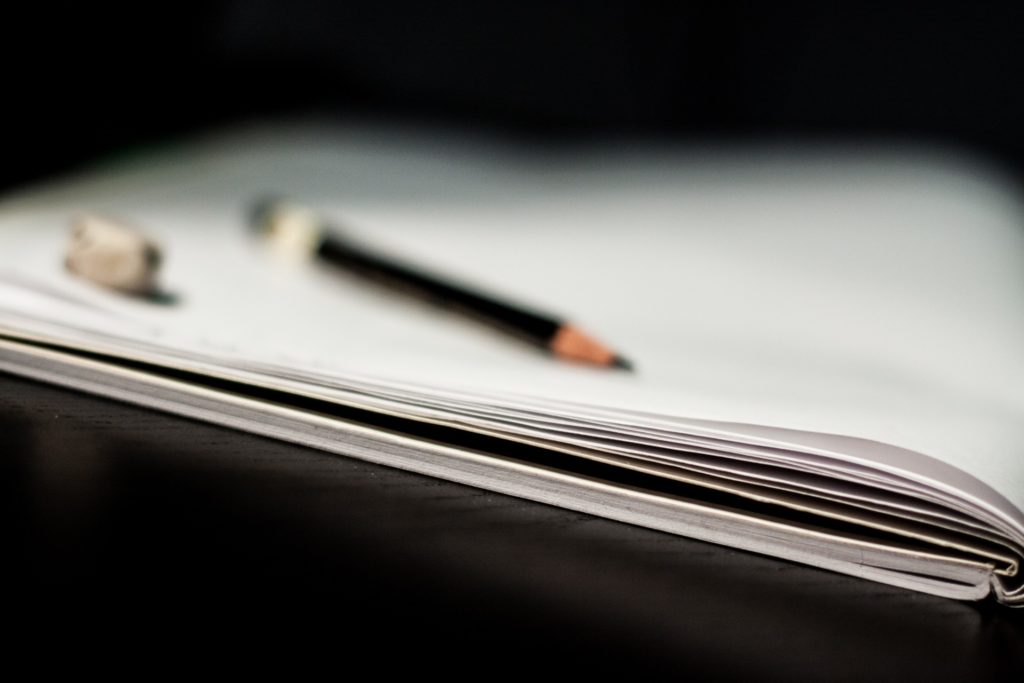So, I've got a ton of ideas for different stories, and that isn't the issue. I decided a long time ago to just keep a word doc where I would write down all my ideas and in my free time I would work on developing them into outlines, world building, character bios, research and so on.
That has all worked out just fine.
The problem is making myself do the actual writing of the story itself, get the plot and dialogue and prose all actually written. I have managed to do so on several occasions, literally forcing myself to do and try to ignore any all distractions, but I find I'm not always able to force myself all the time.
So I'm wondering what tips people might have to get past the procrastination and actually write and make writing all the time a "good habit" as some like to call it.
That has all worked out just fine.
The problem is making myself do the actual writing of the story itself, get the plot and dialogue and prose all actually written. I have managed to do so on several occasions, literally forcing myself to do and try to ignore any all distractions, but I find I'm not always able to force myself all the time.
So I'm wondering what tips people might have to get past the procrastination and actually write and make writing all the time a "good habit" as some like to call it.





